Search
Search Results
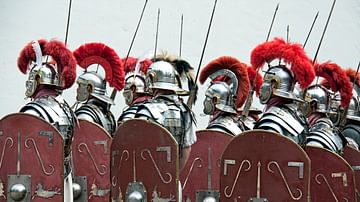
Definition
Roman Legionary
The Roman legionary was a well-trained and disciplined foot soldier, fighting as part of a professional well-organized unit, the legion (Latin: legio), established by the Marian Reforms. While major tactical changes appeared during the final...
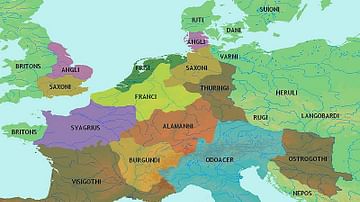
Definition
Alemanni
The Alemanni (also known as the Alamanni and the Alamans, meaning "All Men" or "Men United") were a confederacy of Germanic-speaking people who occupied the regions south of the Main and east of the Rhine rivers in present-day Germany. Many...
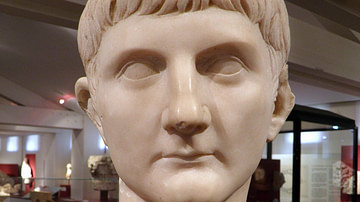
Definition
Germanicus
Germanicus (15 BCE - 19 CE) was a commander in the Roman Empire with a glowing reputation in his time under the rule of the Emperor Tiberius. His position in the Roman Empire was a unique and important one. His marriage to Agrippina the Elder...
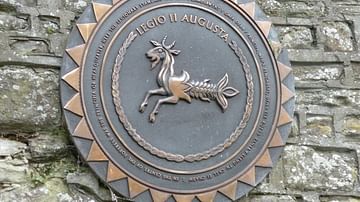
Definition
Legio II Augusta
Legio II Augusta was a legion of the Roman army that, throughout its centuries-long history, had fought in the Cantabrian Wars of 29-19 BCE, Germanicus' German campaigns in 9 CE, the invasion of Britain in 43 CE, and Septimus Severus' Scottish...
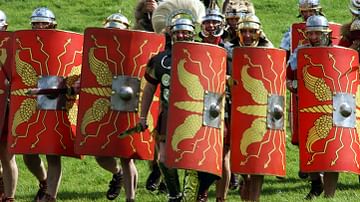
Definition
Legio I Germanica
Legio I Germanica was a Roman legion that won acclaim early under Augustus (27 BCE - 14 CE) but was stripped of its title for cowardice. Stationed on the Lower Rhine, the legion mutinied in 14 CE and then faced disgrace when it turned traitor...
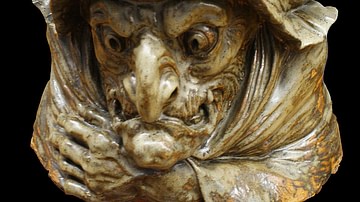
Definition
Baba Yaga
Baba Yaga (Baba Jaga) is a witch or ogress from Slavic folklore who lives in a magical hut in the forest and either helps, imprisons, or eats people (usually children). She is among the most famous figures from Slavic folklore as guardian...

Definition
Château de Chambord
The Chateau de Chambord, located in the Loire Valley of Loir-et-Cher, France, was built between 1519 and 1547 CE. This fine French Renaissance building, although impressive in both size and architectural detail, was commissioned by Francis...

Article
The Extent of the Roman Empire
Time has seen the rise and fall of a number of great empires - the Babylonian, the Assyrian, the Egyptian, and lastly, the Persian. Regardless of the size or skill of their army or the capabilities of their leaders, all of these empires fell...

Article
Roman Armor & Weapons
From the days of the hoplites through the creation of the legionary until the fall of the Roman Empire in the west, the Roman army remained a feared opponent, and the Roman legionary's weapons and armor, albeit with minor modifications, remained...
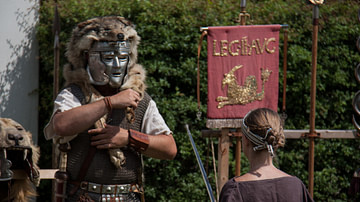
Article
Legions of Britain
After the Roman emperor Claudius (r. 41-54 CE) successfully conquered Britain in 43 CE, four legions were left there to maintain the peace: XIV Gemina, II Augusta, IX Hispana, and XX Valeria Victrix. However, by the end of the decade, XIV...